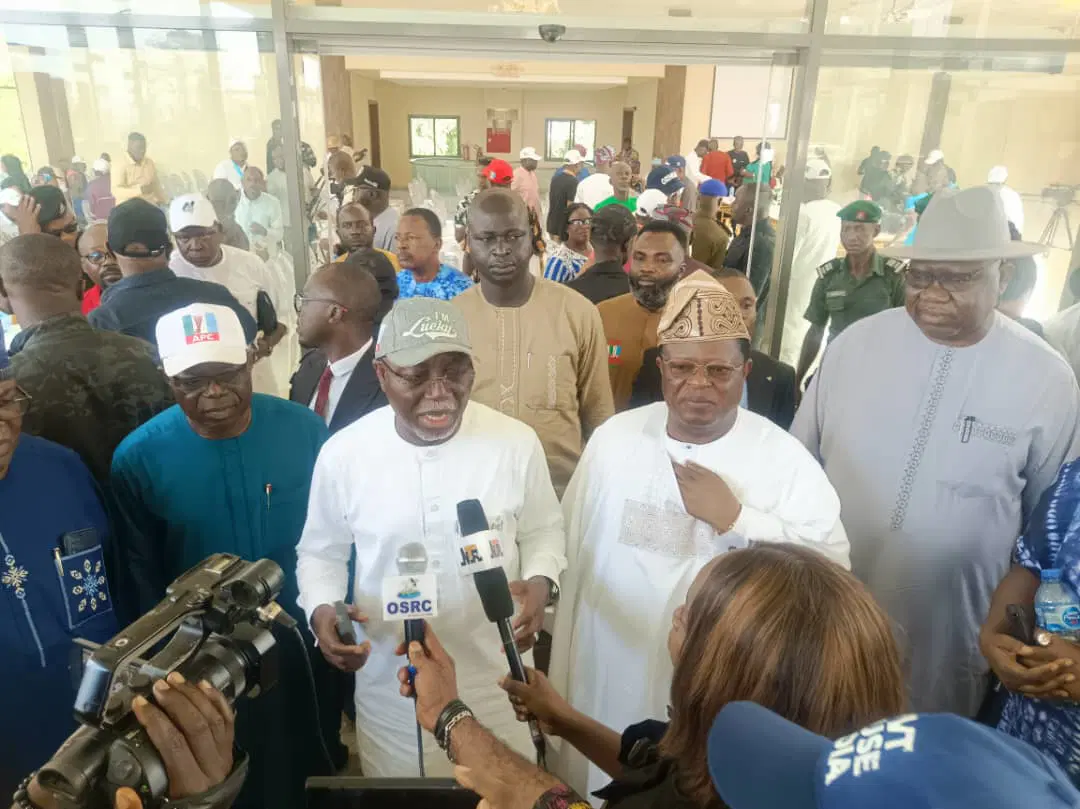Senator Dave Umahi, Nigeria’s Minister of Works, has called for public accountability regarding the execution of road projects under the current administration. Speaking at a town hall meeting in Akure, he addressed the alignment of the Lagos-Calabar Coastal Highway’s 63-kilometer segment through Ondo State, urging stakeholders to hold him responsible for any failures.
Key Points from Umahi’s Address
- Inherited Projects and Financial Challenges: Umahi revealed that President Bola Tinubu’s administration inherited 20,604 unfinished road projects across the nation, valued at approximately N13 trillion as of May 29, 2023. He noted that contractors are owed about N1.6 trillion for these projects, some of which have been ongoing for 20 years or more.
- Commitment to Completion: Umahi pledged that if these projects are not completed within 14 months, he would accept full responsibility. He emphasized the urgency of completing ongoing work and indicated that his ministry has already terminated over ten major contracts for non-performance, with the readiness to terminate more if necessary.
- Focus on Financial Accountability: He stressed that contractors awaiting mobilization payments must not delay construction, indicating that financial documentation should precede any mobilization efforts.
- Lagos-Calabar Highway Project: Regarding the Ondo segment of the highway, Umahi announced that project design would be finalized by November, with construction expected to begin shortly thereafter. He highlighted that the administration views road construction as an investment in the nation’s infrastructure.
Support from Local Leaders
Governor Lucky Aiyedatiwa of Ondo State praised President Tinubu for prioritizing legacy projects that would positively impact the state’s economy. He assured the minister of the state government’s full cooperation in the project.
Mr. Akin Alabi, Chairman of the House Committee on Works, emphasized the importance of transparency and accountability in road project management. He insisted that contractors should not receive payments unless they are actively working on-site.
Additionally, Mr. Banji Okunomo, representing riverine communities, expressed gratitude for the inclusion of the road project in their area. He urged for timely completion and assured local support to facilitate the construction.
Conclusion
Umahi’s call for accountability highlights the pressing need for transparency in Nigeria’s infrastructure development. By focusing on the timely completion of road projects and emphasizing contractor accountability, the current administration aims to enhance the nation’s road network and stimulate economic growth.

